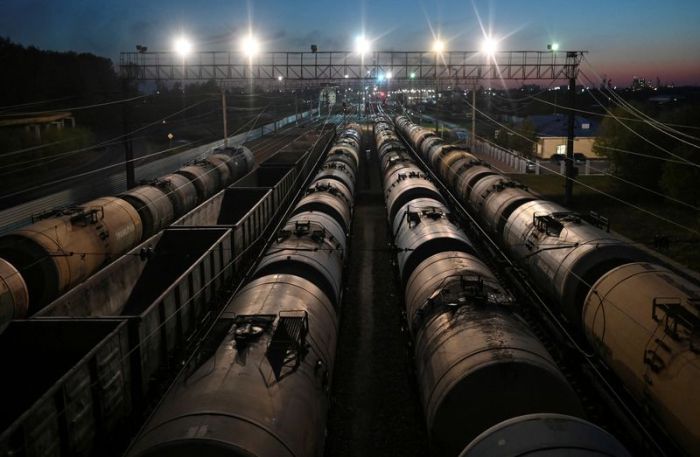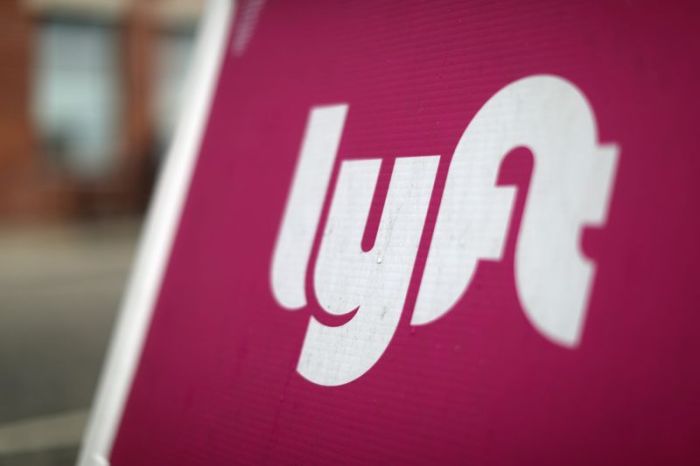SHANGHAI (Reuters) – China will maintain ample financial system liquidity in the second half of the year as the economy recovers from the coronavirus but will need to consider withdrawing that support at some point, its central bank governor warned on Thursday.
The comments signal policymakers’ concerns that the monetary stimulus unleashed in recent months to help firms through the pandemic could add to debt risks in the world’s second-largest economy.
“The financial support during the epidemic response period is (being) phased, we should pay attention to the hangover of the policy,” People’s Bank of China Governor Yi Gang told a financial forum in Shanghai.
“We should consider the timely withdrawal of policy tools in advance.”
Yi said China’s economic fundamentals remain sound, its financial markets are broadly stable and that the central bank has guided financing costs lower this year.
The pledge on continued support helped China’s stocks rally against a broader decline in global markets on Thursday.[.SS]
Yi said new loans are likely to hit a record of nearly 20 trillion yuan ($2.83 trillion) this year, up from 16.81 trillion yuan in 2019, and total social financing could increase by more than 30 trillion yuan.
On Wednesday, China’s cabinet pledged to cut the reserve requirement ratio (RRR) – the amount of cash lenders must hold as reserves – and push financial institutions to sacrifice 1.5 trillion yuan in profit this year to support firms.
The PBOC has already rolled out a raft of easing steps since early February, including RRR cuts and targeted lending support for virus-hit firms.
The economy is gradually emerging from a 6.8% economic decline in the first quarter, its first contraction on record.
‘NO FREE LUNCH’
While analysts see the central bank easing policy further to support the economy, policymaker have stressed the need for restraint in the amount of stimulus.
“There’s no free lunch in the world. How can we allow this many world central banks turn on the money-printing machine and print unlimited money?” Guo Shuqing, chairman of the banking and insurance regulator told the same Shanghai forum. “There are a price to pay for blank cheques.”
Beijing has been leaning more heavily on fiscal stimulus to weather the downturn, cutting taxes and issuing local government bonds to fund infrastructure projects.
Policymakers are tolerating some rises in debt levels as they focus on spurring growth, but remain worried about a spike in debt risks, analysts say.
Guo also said China would not adopt “flood-like” stimulus or negative rates, and warned unprecedented easing by the Federal Reserve would dent U.S. credibility.
Nor would China’s central bank directly buy government debt, a form of quantitative easing, he added, dismissing suggestions by some government researchers that it should do so.
Guo, who is also the Communist Party chief at the central bank, urged other global economies to plan their exits from massive easing.
(Writing by Kevin Yao and Stella Qiu; Editing by Shri Navaratnam and Sam Holmes)

























